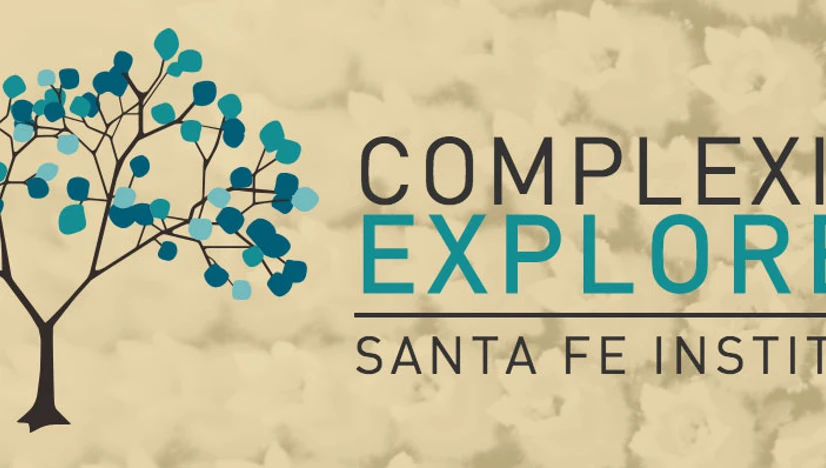Introduction to Complexity
In this course you'll learn about the tools used by scientists to understand complex systems. The topics you'll learn about include dynamics, chaos, fractals, information theory, self-organization, agent-based modeling, and networks. You’ll also get a sense of how these topics fit together to help explain how complexity arises and evolves in nature, society, and technology. There are no prerequisites. You don't need a science or math background to take this introductory course; it simply requires an interest in the field and the willingness to participate in a hands-on approach to the subject. Course Instructor Santiago Guisasola will be monitoring the forums and email to support your complexity learning journey.
This course has the high ambition of giving the student an overview of the field of complexity. To do so, it covers chaos, fractals, information theory, genetic algorithms and evolution, dynamical game theory and complexity economics over ten weeks. Lectures are accompanied by quizzes, homework assignments that make use of the programming language NetLogo and Guest Spots with prominent scholars such as Brian Arthur and Doyne Farmer.
Comment from our editors:
When I first encountered complexity economics during my studies, it was really helpful for me to complete this course. It introduces basic concepts and thereby opens the complexity worldview that helped me think about various issues, from financial crises to political blockades. The course is perfect for students even if you have not dealt with related topics before and I highly recommend investing the time.
If you are interested to know how complexity economics might help to understand issues around climate change, this video might spark your curiosity: Clips on Climate - Complexity Economics


